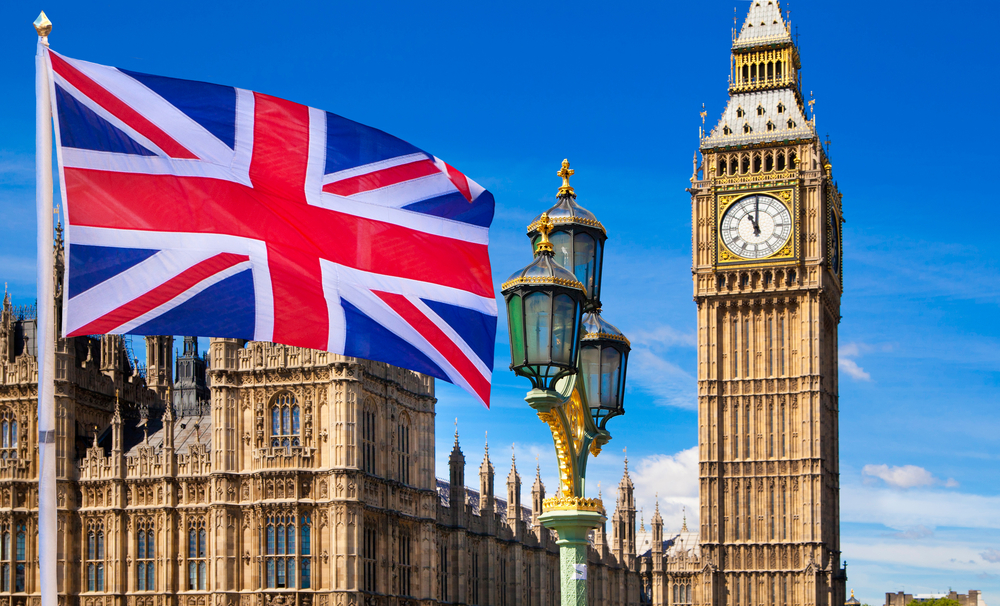Medical MD in UK
The UK is home to some of the topmost universities in the world. The universities in the UK are known for their top-quality education and research training.
The pros of pursuing a MD in UK include:
- Home to some of the top-ranking universities in the world
- MCI, ECFMG, WHO, and GMC recognised programs
- Work as a medical practitioner in India or in the UK itself
- No donation, no entrance, or no capitation
- A positive learning environment with an even more advanced technology
- It opens a wide range of opportunities around the world
- Great value for money, total package ranges between INR 15 lacs to INR 80 lacs
Entry Requirements for Medical PG In the UK
There are three ways to register yourself for a PG In UK after completing MBBS in India.
- With PLAB (Professional and Linguistic Assessments Board)
PLAB is a prerequisite for getting a GMC registration, mandatory in the UK Medical System. Applicants can choose to pursue a PG in the UK with the PLAB exam. It is a certification course that tests your eligibility for the General Medical Council (GMC) registration. It just registers the applicant with GMC, it does not grant a degree.
The process of PLAB can be divided into two categories: PLAB 1 is conducted twice a year. It is a theory-based MCQ exam. It is advised to prepare for at least 3-4 months before taking it. PLAB 2 is conducted in Manchester, UK. It is a practical exam where you have to put your knowledge to the test in a clinical-based scenario.
-
Without PLAB
Some of the universities in the UK accept international students without PLAB. The British University has collaborated with NHS Hospitals and the Royal College of Physicians, London and introduced an extensive clinical MD course. The course offers an internationally recognised master’s degree and training in specialisations like Oncology, Diabetes, Cardiology, Acute Medicine and others from the top hospitals in the UK.
* GMC-UK registration is given to the trainees at the start of their PG course. Through this, applicants can apply to do clinical practice simultaneously with their studies.
* Please note that the candidates who have appeared for PLAB previously and did not qualify are not eligible to apply
- MRCP/MRCS Pathway
MRCP is a Membership of the Royal College of Physicians of the United Kingdom. MRCP is a PG medical diploma in the UK.
* The applicants need to clear the MRCP examination before getting admitted into speciality training. It is an approved qualification for post-graduation by GMC. With this, the applicants will get GMC full registration along with a licence to practice.
PG in UK after MBBS in India Scope
MD/MS in the UK is an internationally recognized course. Students pursuing this need not worry about its importance in India or around the globe. The degree is recognized by the Medical Council of India (MCI) for registration in India as MD Internal Medicine. There is no requirement to appear for a Screening Test/Exam in India for registration as a specialist doctor after completion of Clinical MD in the UK. It also allows you to take up teaching appointments as an Asst. Professor in Medical Colleges in India.
Top MD/MS Courses in the UK:-
Courses for Pursuing an MD in the UK:
- Diabetes
- Cardio-Vascular
- Psychiatric Medicine
- Internal Medicine
- Gastroenterology
- Dermatology
Courses for Pursuing an MS in the UK: - Orthopaedic
- Ophthalmology
- Urology
- Gastrointestinal
- ENT
- Vascular
PG in Dermatology
Dermatology is a branch of medicine that specializes in treating the skin, hair, and nails. Upon successful completion of the 4-year period, the medical practitioner becomes an accredited dermatologist and can apply for consultant dermatologist in any hospital, India or abroad, or start their individual practice. Here are the eligibility, salary, and top colleges in the UK:
- Eligibility
1. MBBS or equivalent degree from a reputed university, internationally recognised.
2. Training at any hospital for a period of at least 1 year.
3. Minimum 2 years of training experience in general medicine to qualify for the MRCP exam.
4. Specialise in dermatology after studying for 4 years and earning a specialty certificate before completing the training. - SALARY
After PG in UK after MBBS in India in Dermatologist, applicants can expect an average salary of £87856 (INR 94 Lakh) per annum. In India, the salary of an entry-level dermatologist is around. ₹10 Lakh per year whereas an experienced dermatologist can expect up to ₹25 Lakh.
PG in Orthopaedic
Orthopaedic surgeons use both nonsurgical and surgical procedures to deal with injuries of muscles and bones. The job responsibilities of an orthopaedic include clinical visits, performing surgery, also carrying out medical research or analysis.
Eligibility
Since orthopaedics comes under the branch of medical surgery, registration in ISTP (International Surgical Training Programme) is a prerequisite. ISTP comes under the general MTI – Medical Training Initiative program in the UK which enables IMGs to get sponsorship and get a 2-year visa for training in UK hospitals.
To be eligible to register in the ISTP, International Medical Graduates needs to pass the following criteria:
- Candidates should have a GMC recognised medical degree.
- The acceptable pattern of internship for a period of 1 year in a recognised hospital.
- Relevant work experience and clinical training for a period of 3 years excluding the 1 year period of internship.
- Should be an international resident and should not hold citizenship in the UK at the time of registration.
- Minimum IELT score of 7.5.
The salary of an orthopaedics surgeon in the U.K lies between the range of ₹43,00,000- ₹1,00,00,000. The average annual income of orthopaedics surgeons in India is ₹1,507,000.
Cost of Study in UK
For international students, the average cost of a medical degree will roughly be around 13-14 lakhs per year, depending on the medical colleges in UK. If you are an international student, looking to study PG in the UK after MBBS and worried about the cost of study.
Many organisations and health services offer concessions and scholarships to international students.
- You can apply for student loans in various banks.
- NHS (National Health Services) also offers bursaries to students in the final years of their medical degree.
INDIAN MBBS DOCTORS IN THE UK
- The UK has many state health care systems, family medical centres, and hospitals. Being an MBBS professional from India opens up many career options for aspirants. Some become health trainers, some diet specialists. Some practice medicine and some. All the regulations are according to the National Health System (NHS). All the doctors need to be qualified according to the registration they want to make in the UK.
- The registration decides the post of SHO (Senior House Officer), SpR (Special Registrar), GP (General practitioner), consultant, or PHRO (Pre-registration house officer). All these are the doctor’s grades and positions. An MBBS professional needs medical registration to be allowed to work in hospitals or health care centres. Limited, special, conventional, and full are the 4 types of registrations in the UK.
- Students who are graduates from the UK get the Conventional registration. Limited registration is for foreign doctors. It is valid for the time a doctor becomes experienced and then it shall be canceled and be changed as conventional registration. Full registration gives authority to a doctor to work as per NHS (National Health System) at any position without the interruption of anyone. Doctors who have special registration are allowed to work in a state or privately owned sector without the supervision of any higher authority.





